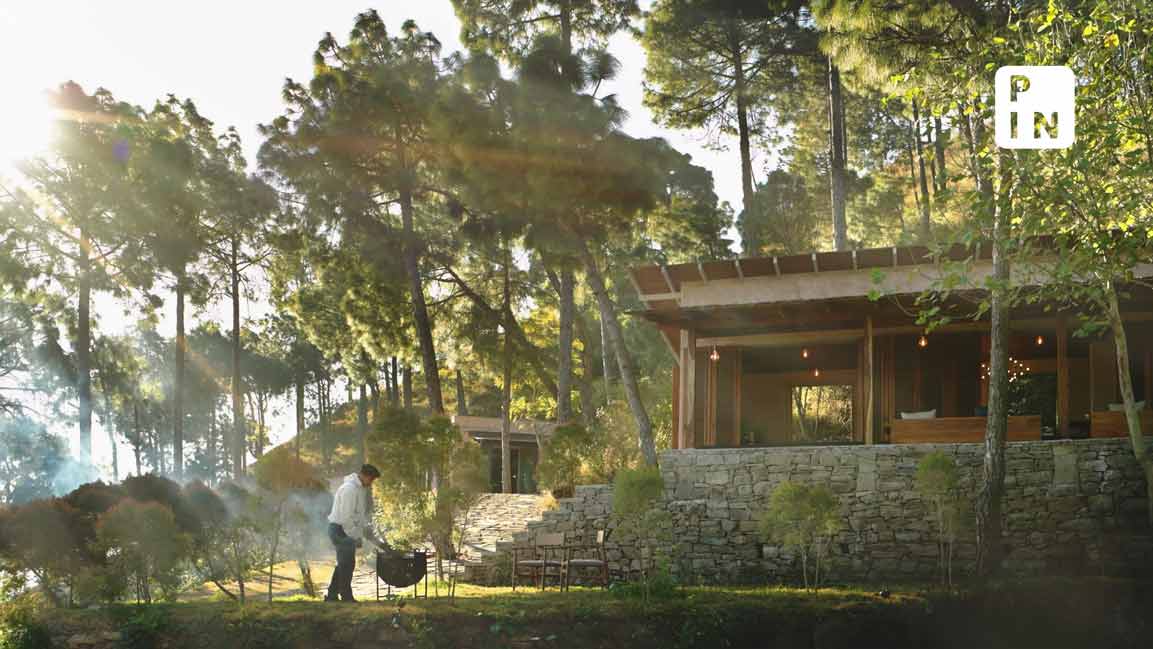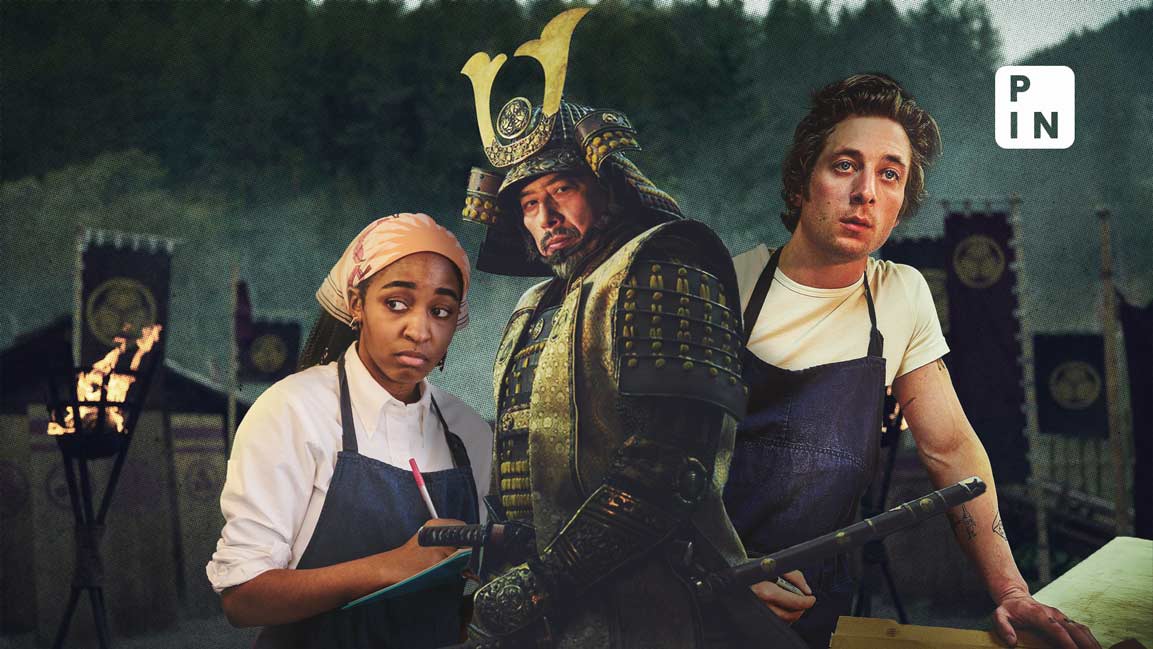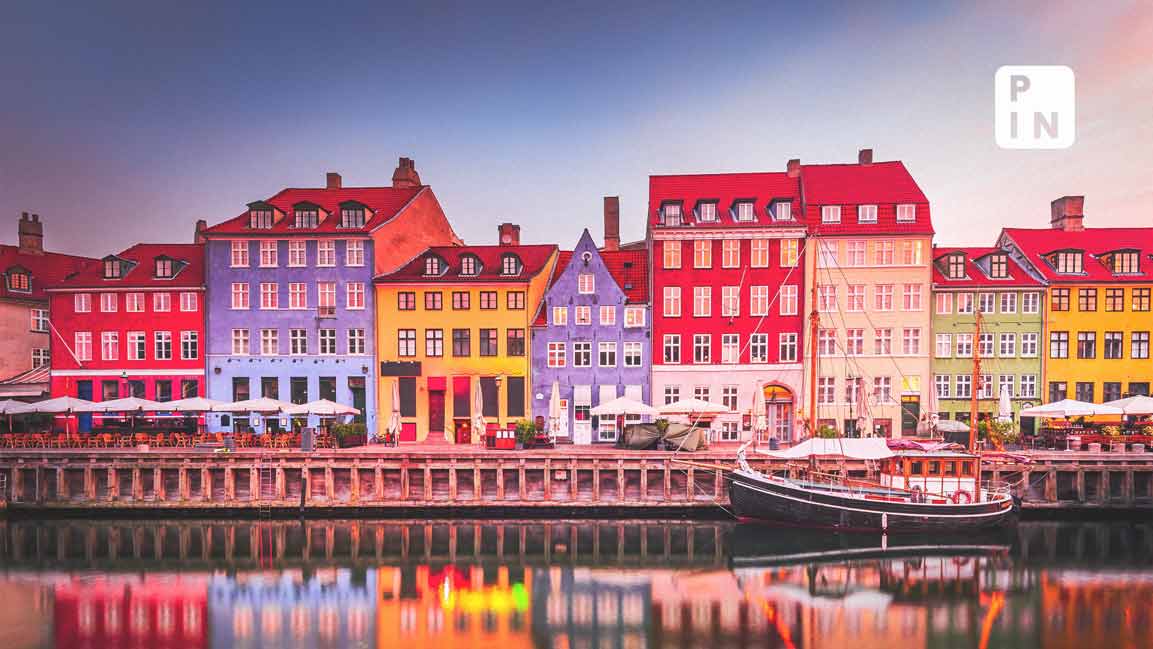- | 5:00 pm
Ruskin Bond on litfests and authors preferring solitude to spotlight
"Writing as a profession is a game of Snakes and Ladders."

At one event a fond mother brought her little boy to me and said,
‘My son reads your book in school.’
‘That’s nice,’ I said, flattered. ‘And what’s the name of the book?’
‘Tom Sawyer,’ he said smartly.
I signed Mark Twain in his autograph album.
Another child, a girl of eight or nine, threw a tantrum because she couldn’t get Shakespeare’s autograph.
‘Shakespeare couldn’t come today,’ said Sunil Arora of Cambridge Book Depot.
‘But you can have Mr Bond’s autograph.’
‘I don’t want his silly autograph,’ she said. ‘I want Shakespeare’s!’ And she strode off in disgust.
I’m not sure if these lit fests really did anything for authors or publishers or booksellers. There were some second or third rung writers who turned up at all of them, hoping perhaps to go up another rung or two—and finding the next rung missing! Writing as a profession is a game of Snakes and Ladders.
Certainly, I did no work during these trips. Plenty of readings and interactive sessions, but no time for writing. There were cocktail parties too, all part of the festivities. For many they were the main attraction.
When I look back at the writers of the last century it’s hard to think of any who were more popular than Agatha Christie, the mystery writer, and P. G. Wodehouse, the humourist. They outsold most others by the millions—and still do. But they weren’t party people, they avoided personal publicity, and seldom appeared at public events. On a rare occasion when Wodehouse attended a literary dinner the lady sitting next to him said, ‘I’m so glad you came. I’ve always wanted to meet Edgar Wallace.’ Wodehouse was at his happiest in the company of his wife and dachshunds. Somerset Maugham had a horror of literary get-togethers. Compton Mackenzie fled to his small island in the Hebrides (and he had another in the Channel) to get away from the literary crowd.
The greatest of writers often worked in solitude or isolation, either from choice or because there was no choice: Dostoevsky from a prison cell; Thoreau from the wilderness of Walden; Steveman from a remote island in the Pacific; Victor Hugo from his exile on the island of Guernsey (where I saw his study and desk, still carefully preserved); Emily Brontë and her sisters from a lonely parsonage on the Yorkshire moors; William Blake from a humble country cottage. Conrad wrote his first novel, Almayer’s Folly, while he was still at sea, captain of a tramp steamer. Kipling did not write his Jungle Books in India; he wrote them in the solitude of a hamlet in Vermont, USA. John Clare wrote some of his loveliest poems from a mental asylum.
There is a time for all things, even the writing of poetry, and it will happen when it must.

(This excerpt has been taken with permission from the book The Hill of Enchantment: The Story of My Life as a Writer written by Ruskin Bond and published by Aleph Publications.)













